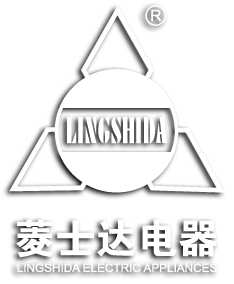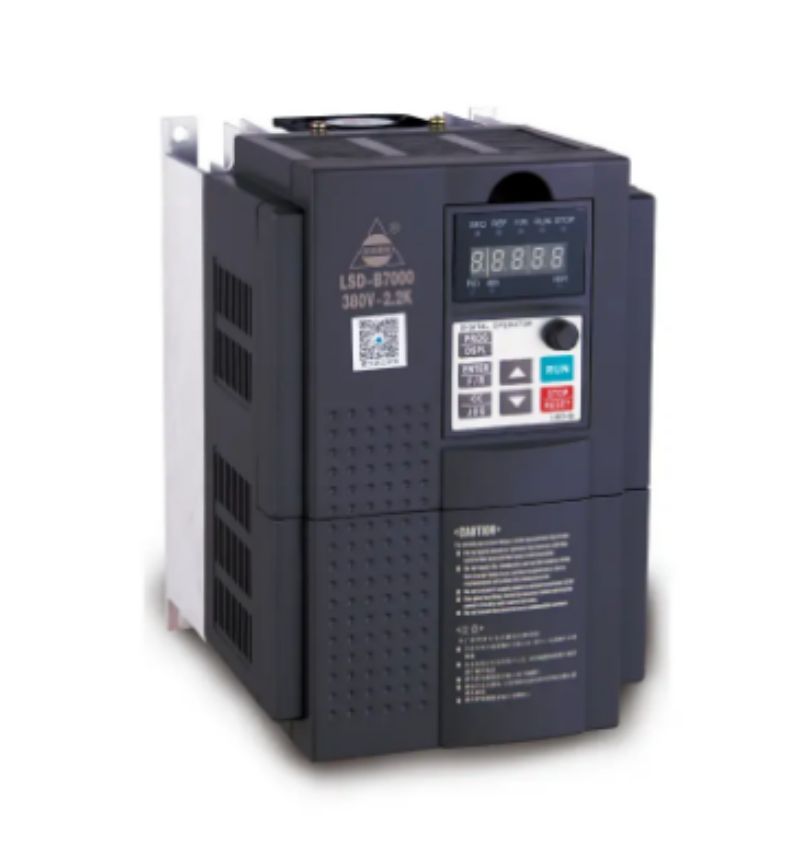Introduction
General type frequency converters have revolutionized various industries with their ability to control the speed of electric motors. As advances in technology continue to shape the future, these frequency converters are witnessing incredible innovations that are propelling them into an era of enhanced efficiency, reliability, and versatility. In this article, we will explore the trends and innovations that are reshaping the landscape of general type frequency converters, while also discussing their potential impact in different sectors.
1. Intelligent Control and Predictive Maintenance
One of the key trends in the future of general type frequency converters lies in intelligent control systems. These new, advanced control capabilities are fueled by artificial intelligence (AI) and machine learning algorithms, enabling the converters to precisely adjust motor speed based on real-time operating conditions. This not only ensures optimal performance but also minimizes energy consumption, resulting in significant cost savings for businesses.
Additionally, predictive maintenance is emerging as a game-changer in the industry. By utilizing sensors and data analytics, frequency converters can diagnose potential issues and preemptively trigger maintenance actions. This proactive approach reduces downtime and improves productivity, ultimately increasing the lifespan of the converter.
2. Integration with Industrial IoT
The integration of general type frequency converters with the Industrial Internet of Things (IIoT) is set to revolutionize how industries operate. IIoT enables seamless connectivity and data exchange between different components and systems, including frequency converters. This integration provides real-time data on motor operations, energy consumption, and overall system performance, enabling better decision-making and optimization.
Thanks to IIoT, businesses can remotely monitor and control their frequency converters, ensuring smooth operations even from remote locations. This level of control not only enhances efficiency but also enables preventive actions to be taken promptly, avoiding potentially costly breakdowns.
3. Increased Power Density and Enhanced Efficiency
The future of general type frequency converters also includes advancements in power density and efficiency. Through the use of new semiconductor technologies and optimized designs, converters can now handle greater power loads within smaller footprints. This means that businesses can save valuable space without compromising on performance.
Enhanced efficiency is another area of focus. The integration of advanced power electronics and intelligent control systems allows frequency converters to operate at higher overall efficiencies, resulting in reduced energy consumption and lower operational costs. This also contributes to a greener and more sustainable future, aligning with global efforts toward reducing carbon footprints.
4. Customization and Modularization
In response to evolving industry needs, customization and modularization are paving the way for future frequency converters. Businesses can now select and integrate specific modules based on their unique requirements, enabling a tailored solution that optimizes performance and reduces costs. This flexibility opens up numerous possibilities across industries, including manufacturing, energy, and transportation.
Conclusion
The future of general type frequency converters is promising, with trends and innovations driving their development towards intelligent control, predictive maintenance, integration with IIoT, increased power density, enhanced efficiency, and customization. These advancements are set to unlock greater productivity and cost savings across various sectors. As technology continues to evolve, we can expect frequency converters to become even more integral to industrial
Post time: Nov-24-2023

